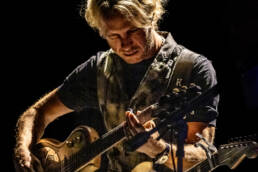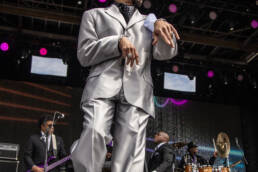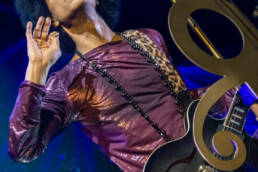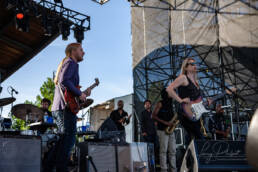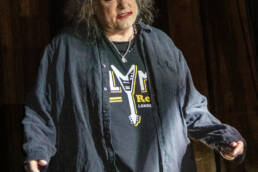Kid Rock: The Rebel Who Found His Rhythm
The Spark That Lit the Fuse
Picture a young Robert James Ritchie, a scrappy kid from Romeo, Michigan, spinning records in his basement in the late 1980s. It wasn’t fame or fortune that first drove him to chase music—it was rebellion. Growing up in a middle-class suburb, surrounded by apple orchards and a life that felt too tame, Ritchie found his escape in the raw energy of hip-hop. The beats of Run-DMC and the Beastie Boys weren’t just sounds; they were a middle finger to the quiet expectations of his small-town world. He’d later say he wanted to “make noise, shake things up,” and that restless itch—to be heard, to defy the norm—became the fuel for a career that’s defied every box the industry tried to shove him into. That’s how Kid Rock was born: a kid with a turntable and a dream to stir the pot.
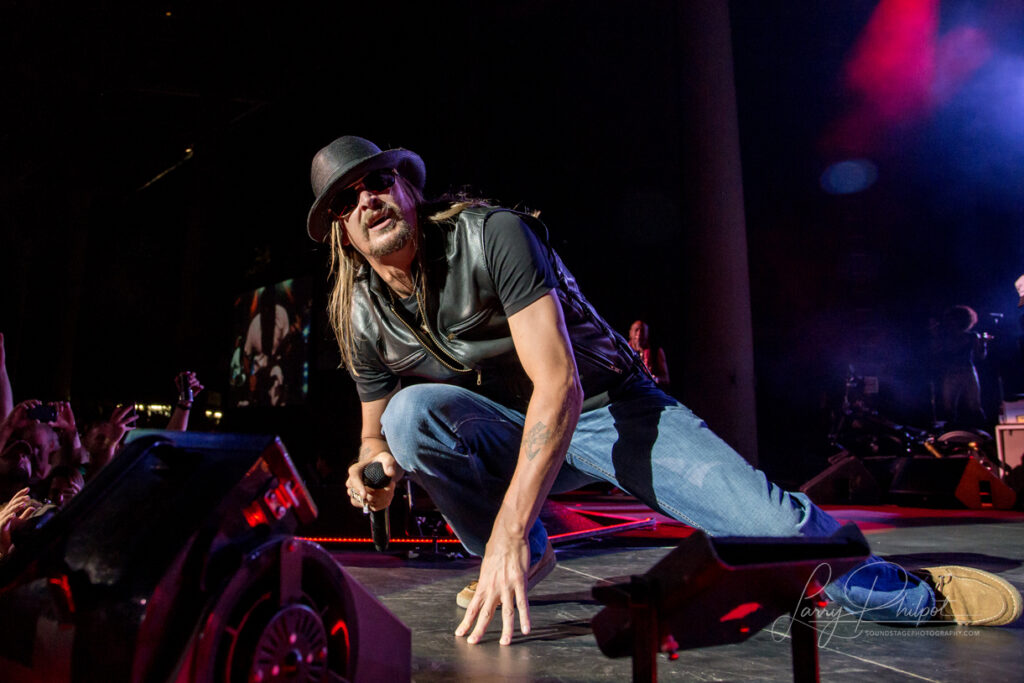
The Man Behind the Myth
Born on January 17, 1971, Robert James Ritchie grew up in a sprawling six-bedroom home, the son of a car dealer father and a homemaker mother. Life wasn’t rough, but it wasn’t electrifying either—until music cracked open his universe. As a teenager, he’d sneak into Detroit’s underground rap scene, soaking up the grit and hustle of a city that pulsed with life. By his late teens, he wasn’t just listening—he was performing, cutting his teeth as a DJ and rapper alongside local acts. His early moniker, “Kid Rock,” wasn’t just a stage name; it was a persona, a loud declaration of youth and defiance.
Ritchie’s journey wasn’t a straight shot to stardom. He dropped out of high school, worked odd jobs, and lived lean, all while hustling mixtapes and dreaming of a break. His big moment came in 1990 with Grits Sandwiches for Breakfast, his debut album on Jive Records. It was raw, unpolished, and packed with swagger—a glimpse of the genre-blending wild man he’d become. But the road got bumpy fast. Jive dropped him after lackluster sales, and the ‘90s saw him bouncing between indie labels, battling obscurity, and refining a sound that mashed rap, rock, and a pinch of country grit. By the time Devil Without a Cause dropped in 1998, Kid Rock wasn’t just a rapper or a rocker—he was a full-on phenomenon, a self-made outlaw who’d clawed his way to the top.
Today, he’s a father, a political firebrand, and a Michigan legend who’s never strayed far from his roots. Married briefly to Pamela Anderson in the mid-2000s (more on that later), he’s raised a son, Robert Jr., from an earlier relationship, and splits his time between his Detroit stomping grounds and a Nashville retreat. Love him or hate him, Kid Rock’s story is one of grit, reinvention, and an unshakable belief in doing things his way.
The Career That Roared
Kid Rock’s career is a rollercoaster of reinvention, fueled by a refusal to be pigeonholed. He kicked things off in the late ‘80s with The Beast Crew, a short-lived hip-hop outfit that gave him his first taste of the stage. But it was his solo hustle that defined him. After Grits Sandwiches flopped, he went indie with albums like The Polyfuze Method (1993) and Early Mornin’ Stoned Pimp (1996), slowly building a cult following with his rap-rock hybrid.
The breakthrough came with Twisted Brown Trucker, the band that powered Devil Without a Cause. This wasn’t just a backing group—it was a sonic wrecking crew. Key players included Jason Krause (guitar), Kenny Olson (lead guitar), Stefanie Eulinberg (drums), and the late Joe C. (a pint-sized rapper with a larger-than-life presence). Uncle Kracker, aka Matthew Shafer, started as his DJ before spinning off into his own career. Together, they turned Kid Rock’s vision into a platinum-selling juggernaut, blending turntable scratches with shredding solos.
Beyond Twisted Brown Trucker, Kid’scollaborated with legends like Lynyrd Skynyrd, Hank Williams Jr., and Sheryl Crow, forging ties that made headlines and cemented his crossover cred. His fling with Pamela Anderson—a whirlwind marriage in 2006 that ended in divorce months later—was tabloid gold, amplifying his bad-boy image. On screen, he popped up in flicks like Joe Dirt (2001) and Biker Boyz (2003), plus TV gigs on The Simpsons and CSI: NY, proving his charisma stretched beyond the stage.
Awards? Kid Rock’s not drowning in Grammys, but he’s nabbed nods like a 1999 MTV Video Music Award nomination for “Bawitdaba.” His real trophy is endurance—over 35 million records sold worldwide and a 2017 induction into the WWE Hall of Fame for his wrestling theme contributions. His biggest hits? “Bawitdaba” (written by Kid Rock, Uncle Kracker, and others) was a rap-metal anthem that stormed 1999. “Sweet Home Alabama” (a Lynyrd Skynyrd cover co-written with Gary Rossington and crew) hit No. 2 on the Mainstream Rock chart in 2008. “All Summer Long” (a mashup he penned with Uncle Kracker and others) peaked at No. 23 on the Billboard Hot 100, blending nostalgia with a party vibe. And “Cowboy” (co-written with John Travis) rode into the Top 40, a rap-rock ode to reckless freedom.
Controversy’s been Kid Rock’s shadow. In 2001, he sparked outrage with a profanity-laced rant on The Howard Stern Show, drawing FCC fines. His 2017 “Senate run” announcement turned out to be a stunt to promote Sweet Southern Sugar, pissing off fans who’d taken it seriously. And his outspoken politics—Trump rallies, gun rights, and barroom brawls—keep him a lightning rod, like when he waved a gun at a Rolling Stone reporter in 2022 over a heated debate. Love him or loathe him, he thrives on the chaos.
The Legacy of a Maverick
Kid Rock’s tale is one of a kid who turned restlessness into a revolution. From basement beats to stadium stages, he’s built a career that’s as messy as it is magnetic. He’s not just a musician—he’s a vibe, a middle finger to conformity, and a reminder that sometimes the loudest voices come from the fringes. As he rolls into his 50s, still rocking dive bars and arenas alike, Kid Rock remains a testament to the power of betting on yourself, even when the world’s betting against you. Catch him live, and you’ll feel that spark—the one that started it all—still burning bright.



